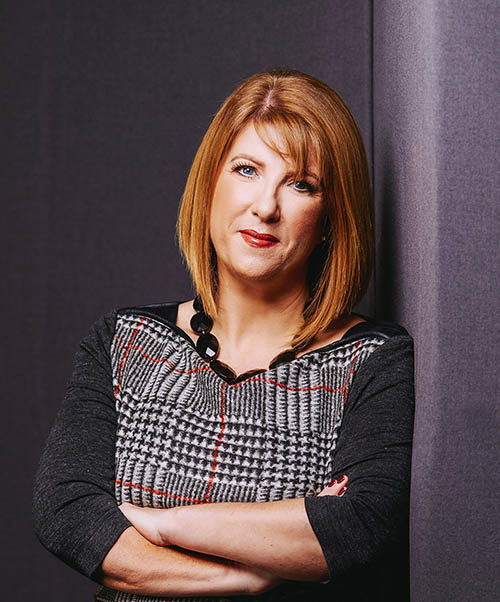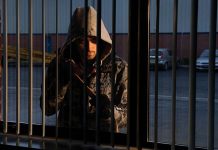Hotels across County Down are ready to fight back against coronavirus despite the the effects of the lockdown and the pandemic which is still active in our communities.
As part of unlocking the local economy, hotels in Northern Ireland were permitted to reopen on the 3rd July 2020.
After a sluggish start, the Northern Ireland Hotels Federation (NIHF) can report that 85% of the region’s rooms are now open and ready to welcome guests.
Janice Gault, Chief Executive of the NIHF, said: “There have been some changes with many properties operating on a shorter week basis to adhere to social distancing measures.
“Other notable changes include the limiting of room inventory to mitigate the risk of COVID-19.
“The Federation has lobbied long and hard for an opening date and once this was given, businesses took measures to ensure they could open safely and securely.

“It’s difficult to imagine the extent of the challenge of opening an entire sector with limited bookings and no blueprint for trading during a pandemic.”
The Northern Ireland Hotel Federation confirms the impact of Covid-19 on the hospitality sector.
Janice added: “Performance figures released by STR, the independent benchmarking company for the sector, give a snapshot of how the local hotel sector is performing.
“Occupancy in July was at 24.9% on a Northern Ireland-wide basis with an average room rate of £78.13.
“As predicted, rural locations have led the way with stronger performances reported in Fermanagh, the North Coast and the Mournes.
“Derry-Londonderry came in at 31.9%, with Belfast recording a 21.4% occupancy level.
“It is important to note that not all properties were open for the full month.
“Room rates have fallen but not to bargain basement levels and are strengthening as the summer progresses.”
Belfast Still Fragile
Janice Gault added: “Belfast, as expected, remains particularly fragile. However, data for the first two weeks in August shows stronger weekend trading and a better weekday position.
“Occupancy levels for the city in this period have risen to 55.9%, a much-welcomed improvement which is evident throughout Northern Ireland.
“These figures highlight the perilous situation the sector finds itself in given that the same period last year saw an occupancy level of 87.9%.
“On a positive note, there has been a significant increase in visitors from south of the border and the outlook for the remainder of August looks better.
“Tourism Northern Ireland has been running multi-platform promotional campaigns North and South. The continuation of this activity is vital as it keeps Northern Ireland front of mind when the domestic visitor is considering short break options.
“It is only when you look at the year to date figures that you see the stark truth laid bare – all metrics are down with a staggering 53% drop in occupancy.
“There are fears of local closures as clusters emerge and the threat of a second wave.
“This fear of a second wave coupled with a limited geographical base from which to attract business, is greatly exercising the minds of hoteliers throughout Northern Ireland.
“Furlough support comes to an end on the 31st of October and this is very much seen as a cliff edge for the industry.
“Having invested in the region of £600m over the last five years in this sector it would be a shame to see this go to waste.
“It is hoped that some targeted support can be given to the tourism sector by the Treasury on a national basis and that additional measures will be explored by the Northern Ireland Executive.
“Hoteliers would like to see the reduced 5% VAT reduction remain, a reduction in business rates for the coming year and support for staff over the winter.
“There is little doubt that this winter will be tough.”
In 2019, Tourism spend was in the region of £1bn and the industry consensus is that the sector would be exceptionally lucky to reach half of this.
Hotels are experiencing a difficult task of balancing increased costs, along with health and safety issues, with the desire to trade and return to some level of viable business.
However, the industry is open, and hoteliers are trading albeit at a reduced level and are keen to contribute to the economy in a positive way.


























